Retinol Cream in Winter: Dry Skin Solutions
Winter can be a challenging time for skin care enthusiasts. The cold, harsh weather often leads to dry, irritated skin, making it difficult to maintain a radiant complexion. However, retinol cream emerges as a savior in these frosty months. In this comprehensive blog, we'll delve into the benefits of using retinol cream in winter, provide tips for optimal use, and answer some frequently asked questions.
Understanding Retinol and Its Skin Benefits

Retinol, a derivative of vitamin A, is celebrated for its anti-aging and skin-rejuvenating properties. It promotes skin renewal, enhances collagen production, and helps in unclogging pores. Regular use of retinol can lead to smoother, clearer, and more youthful-looking skin. Its effectiveness in combating fine lines, wrinkles, and uneven skin texture makes it a coveted ingredient in the skin care realm.
Why Retinol is Beneficial in Winter
In winter, the skin tends to lose moisture and can appear dull and flaky. Retinol's ability to speed up cell turnover helps in shedding dead skin cells, reducing the likelihood of dry patches. Moreover, its collagen-boosting properties ensure that your skin remains firm and elastic, even in the drying winter months.
Choosing the Right Retinol Cream for Winter
Selecting the right retinol cream for winter use is crucial. Here are some tips:
- Opt for a Lower Concentration: If you're new to retinol or have sensitive skin, start with a lower concentration to reduce potential irritation.
- Hydrating Ingredients: Look for creams that combine retinol with hydrating ingredients like hyaluronic acid or ceramides to counterbalance any dryness.
- Packaging Matters: Choose a product in opaque, air-tight packaging to prevent retinol from breaking down due to light and air exposure.
Effective Application of Retinol Cream in Winter
Applying retinol cream effectively is key to reaping its full benefits while minimizing irritation, especially in winter.
- Gradual Introduction: Start by applying retinol cream once or twice a week and gradually increase the frequency.
- Nighttime is Prime Time: Apply retinol cream at night as it can make your skin more sensitive to sunlight.
- Moisturize: Follow up with a heavier moisturizer to lock in hydration.
- Sun Protection: Always use a broad-spectrum SPF during the day as retinol can increase sun sensitivity.
Combating Dryness and Irritation

While retinol is beneficial, it can sometimes lead to dryness or irritation, particularly in the colder months. Here's how to manage these side effects:
- Buffering Technique: Apply a moisturizer before your retinol cream to reduce irritation.
- Hydration Boost: Incorporate a hyaluronic acid serum into your routine for added moisture.
- Gentle Cleansing: Use a mild, hydrating cleanser to avoid stripping your skin of its natural oils.
Retinol Cream in Winter: FAQs
Q: Can I use retinol cream every day in winter? A: Start slowly and monitor how your skin reacts. If there's no irritation, you can gradually build up to daily use.
Q: Should I stop using retinol if my skin gets too dry? A: If dryness occurs, reduce the frequency of application and ensure you're using adequate moisturization. Consult a dermatologist if dryness persists.
Q: Can people with sensitive skin use retinol in winter? A: Yes, but start with a lower concentration and use it less frequently. Also, incorporating soothing ingredients like niacinamide can help.
Q: How long does it take to see results from retinol cream? A: It can take several weeks to a few months to see noticeable results from retinol cream.
Q: Is it necessary to use sunscreen when using retinol in winter? A: Absolutely. Sun protection is crucial when using retinol, regardless of the season.
Conclusion
Retinol cream is a potent ally in maintaining healthy, youthful skin during winter. By choosing the right product, applying it correctly, and managing potential side effects, you can enjoy the full benefits of this powerhouse ingredient. Remember, patience and consistency are key to achieving the best results with retinol cream. Stay glowing, even in the chilliest months!


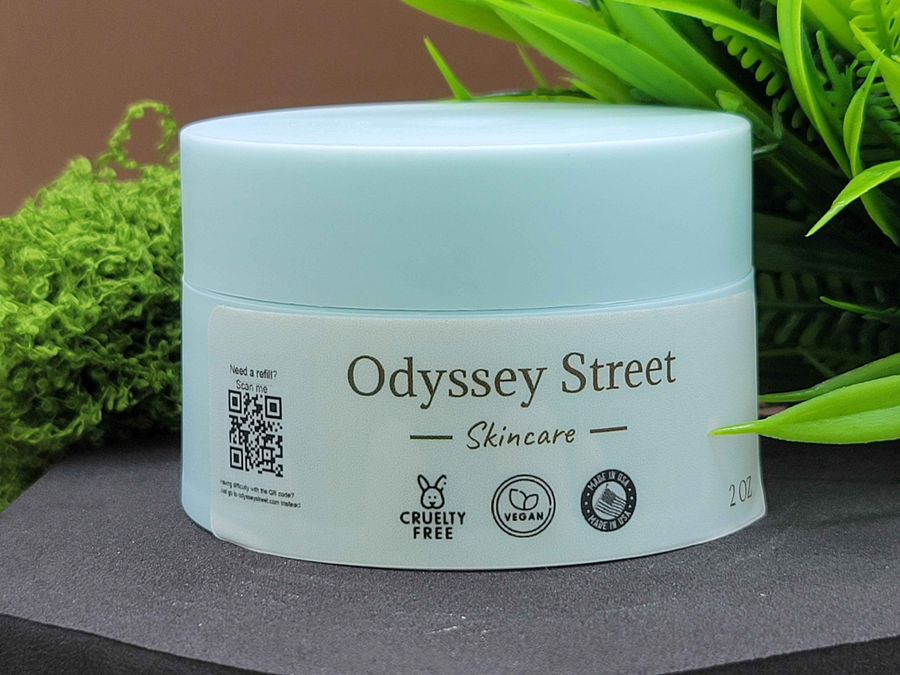
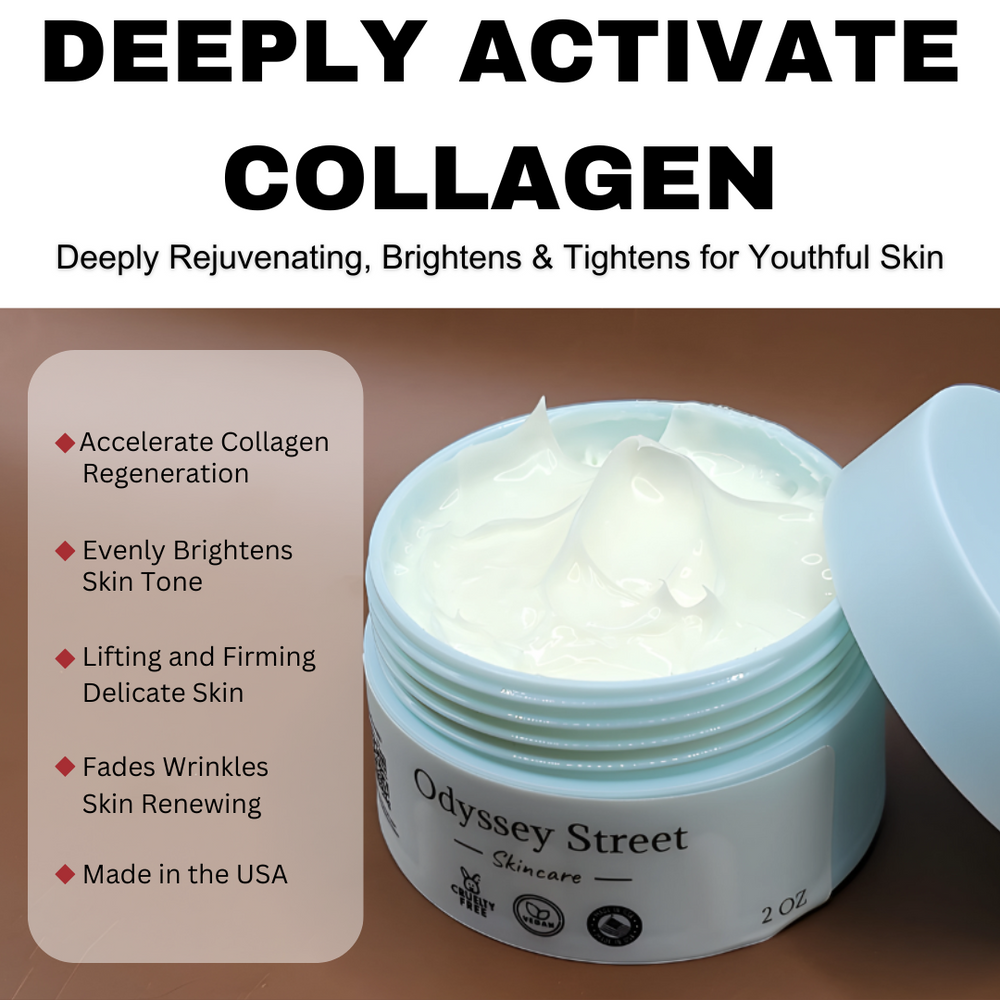




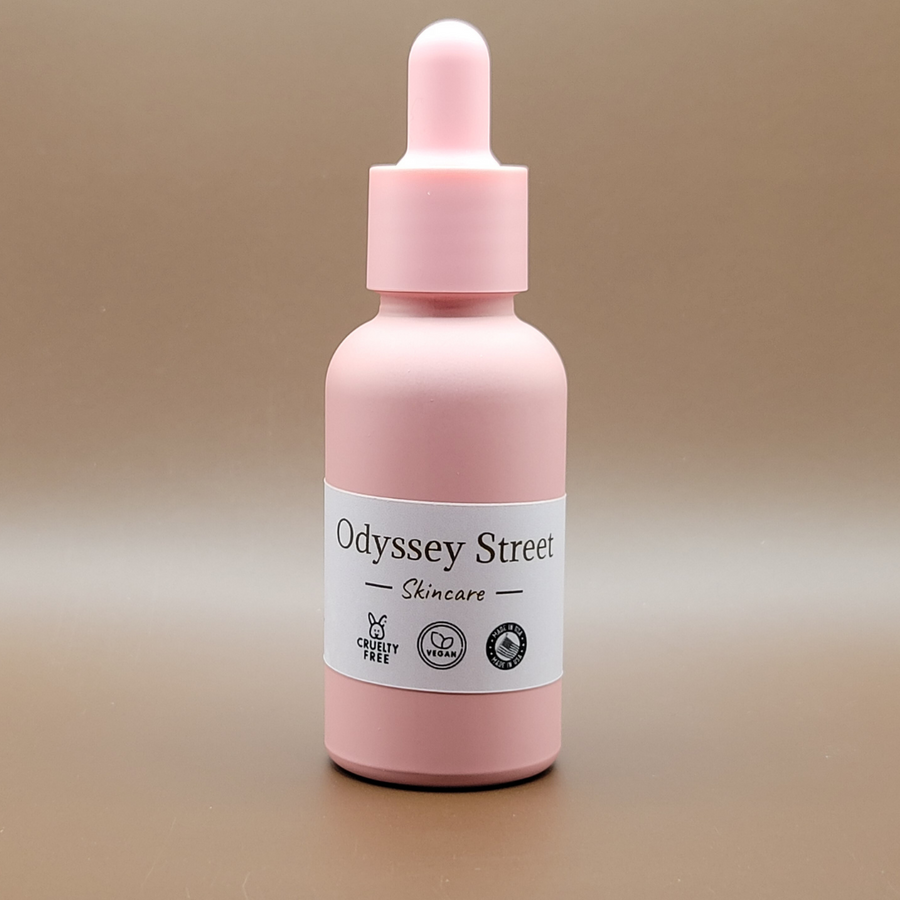
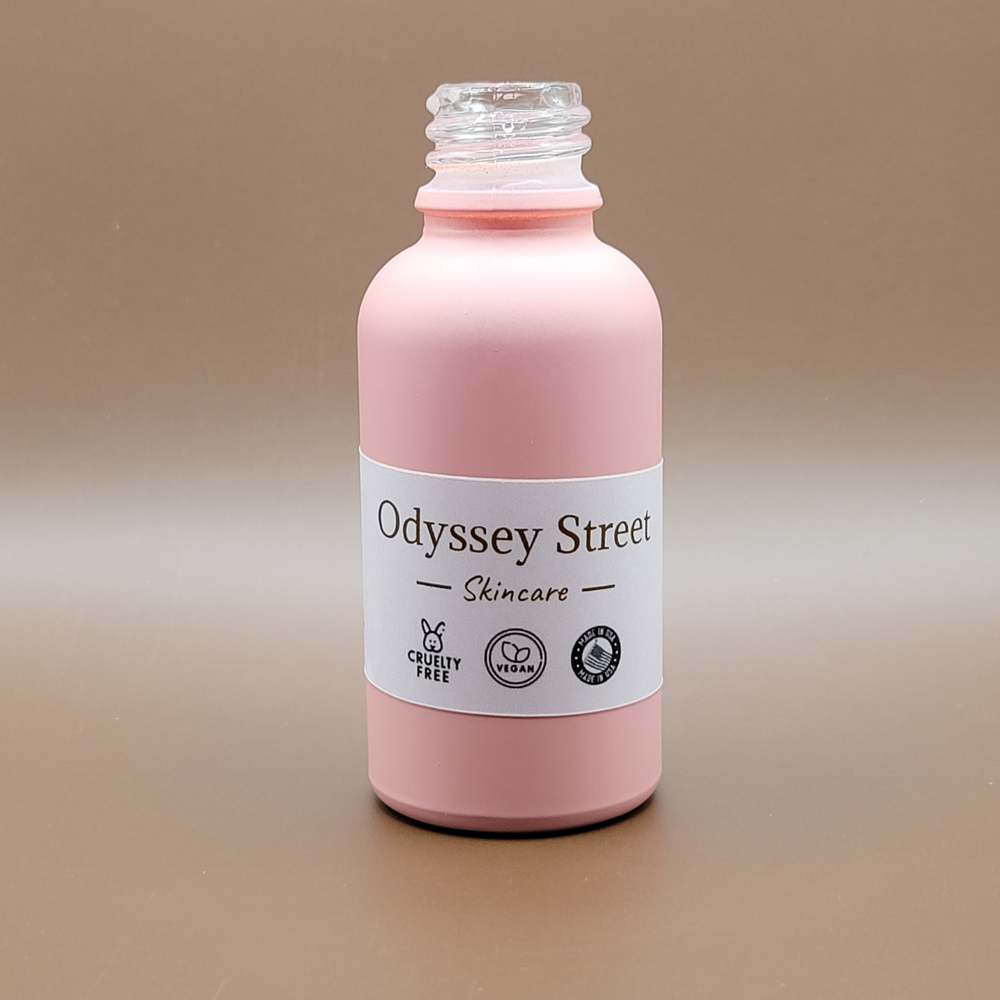
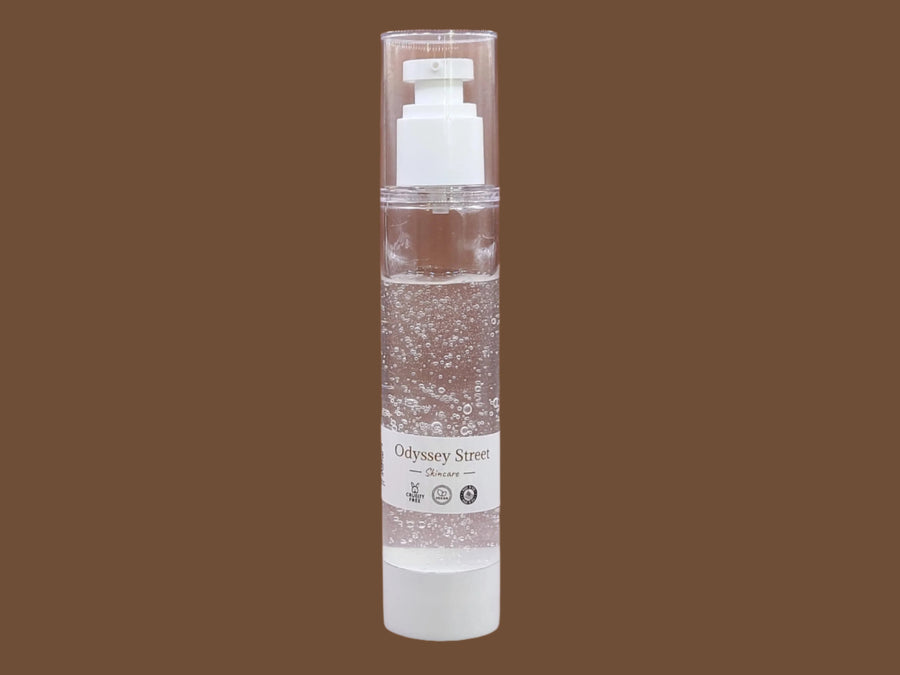
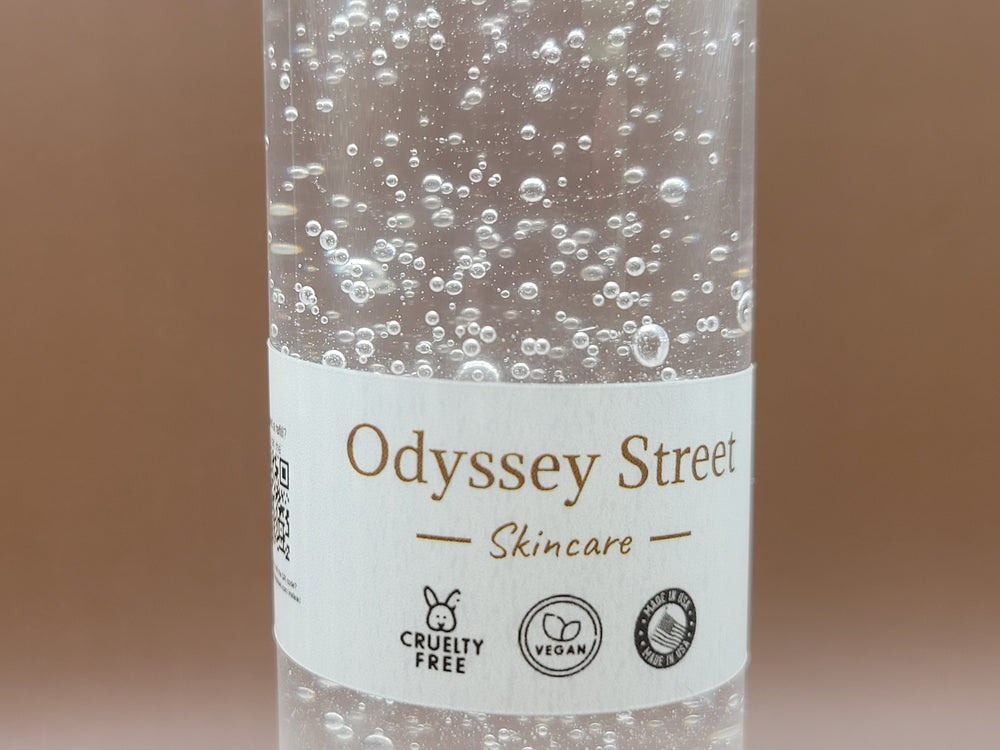
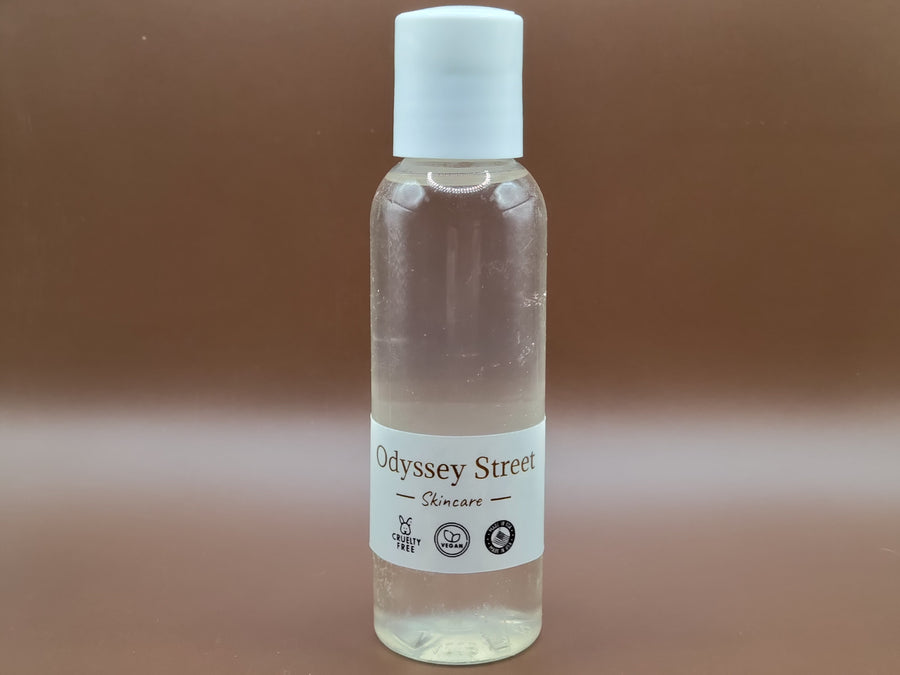
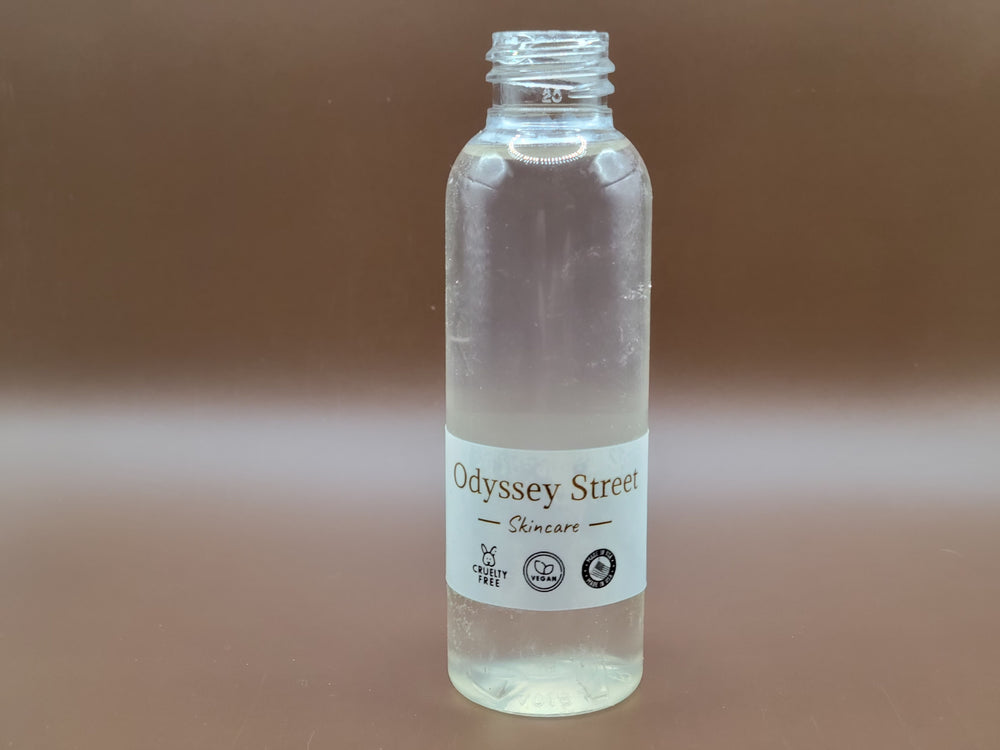
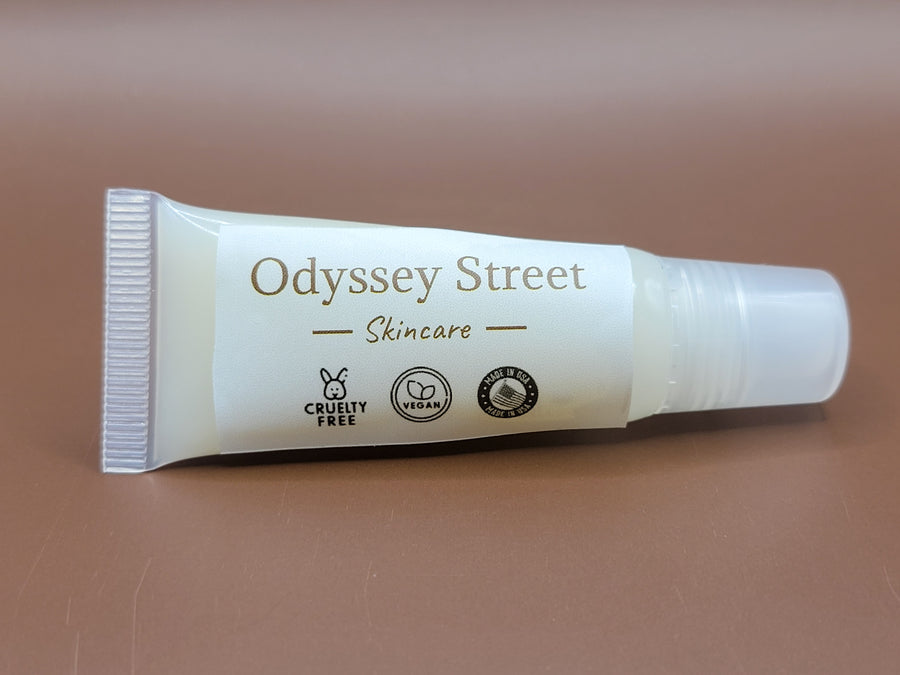
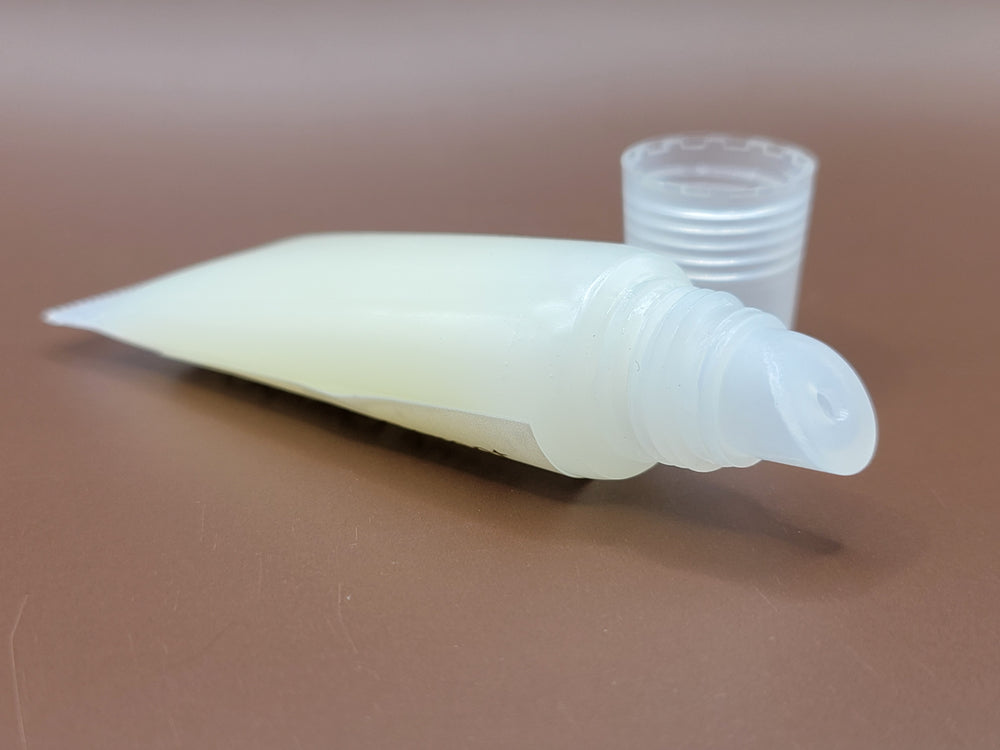
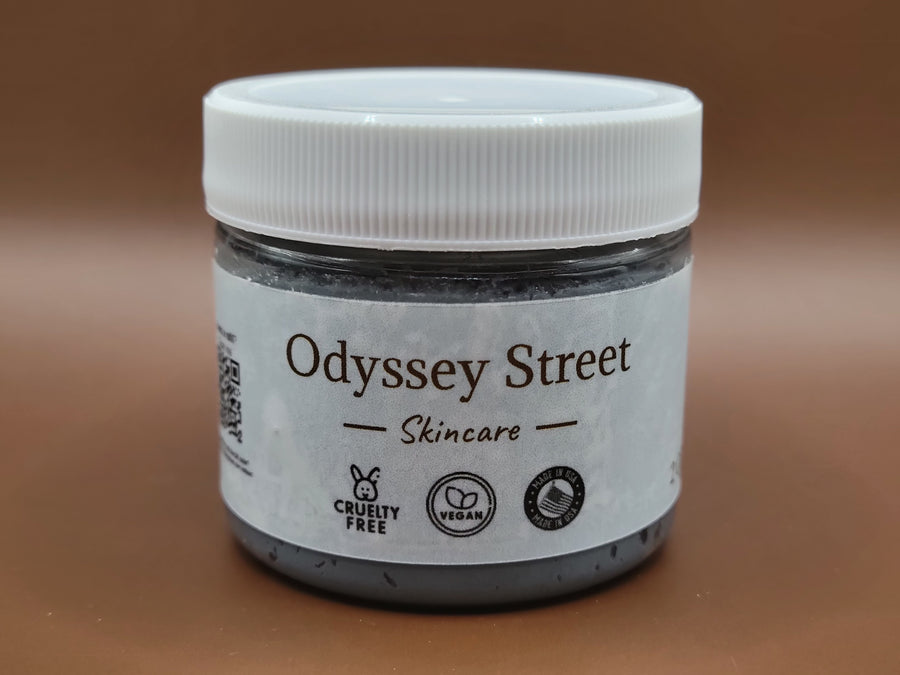
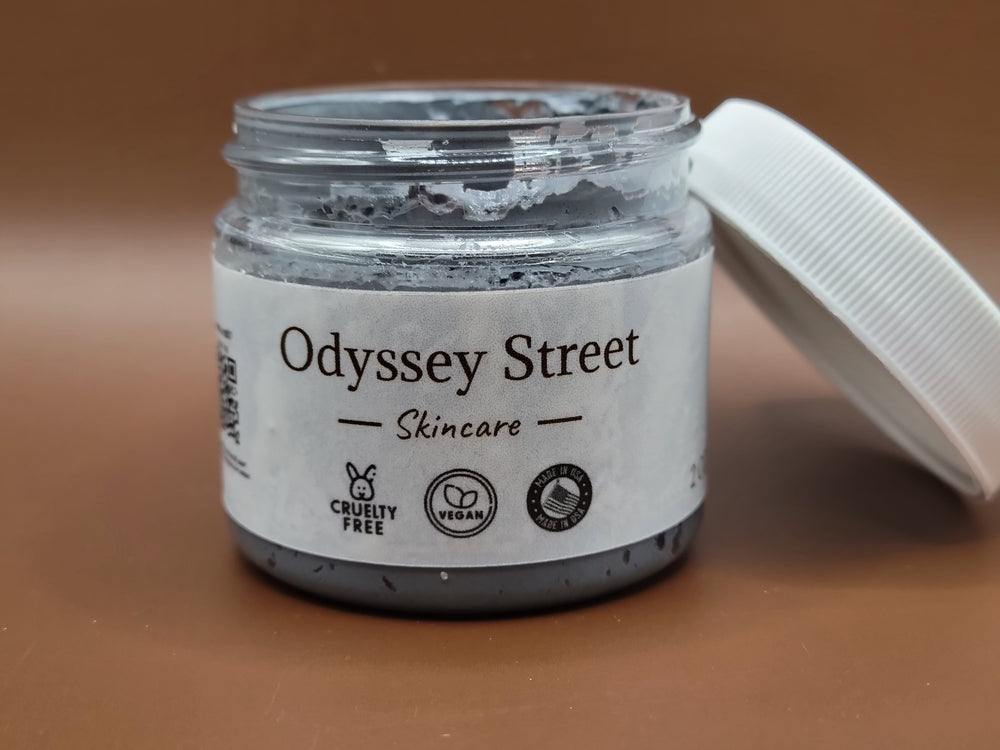
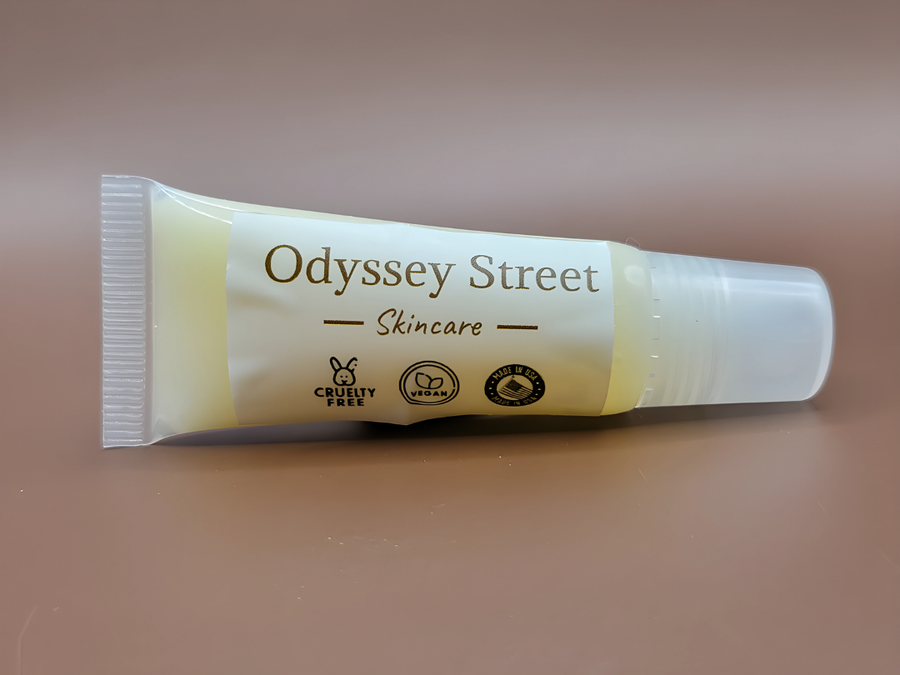
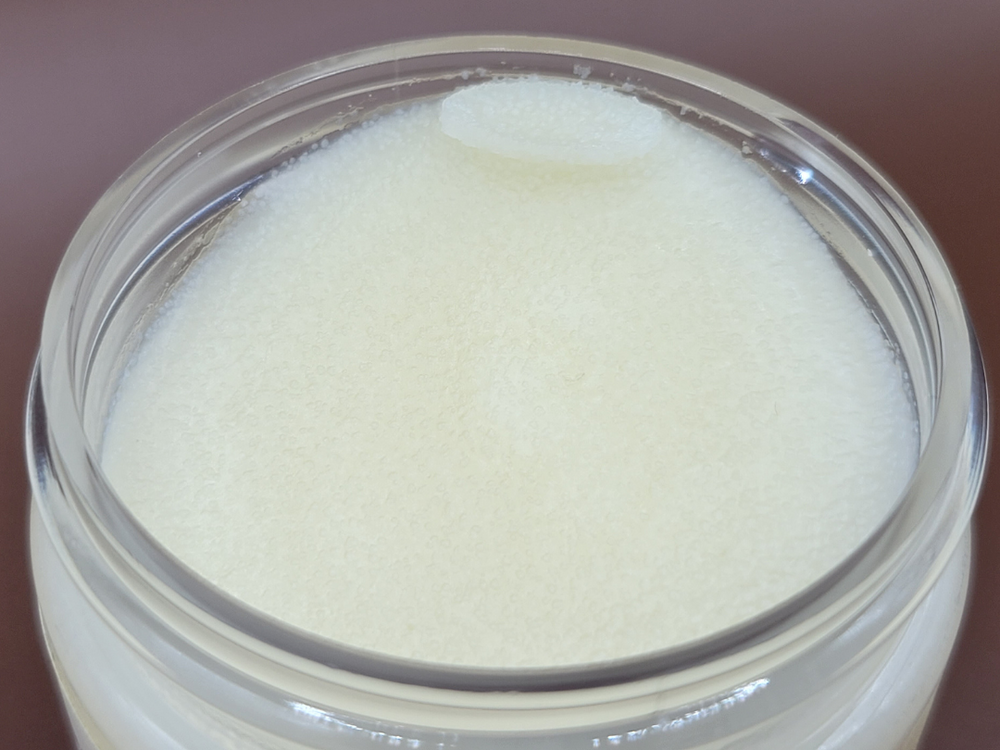
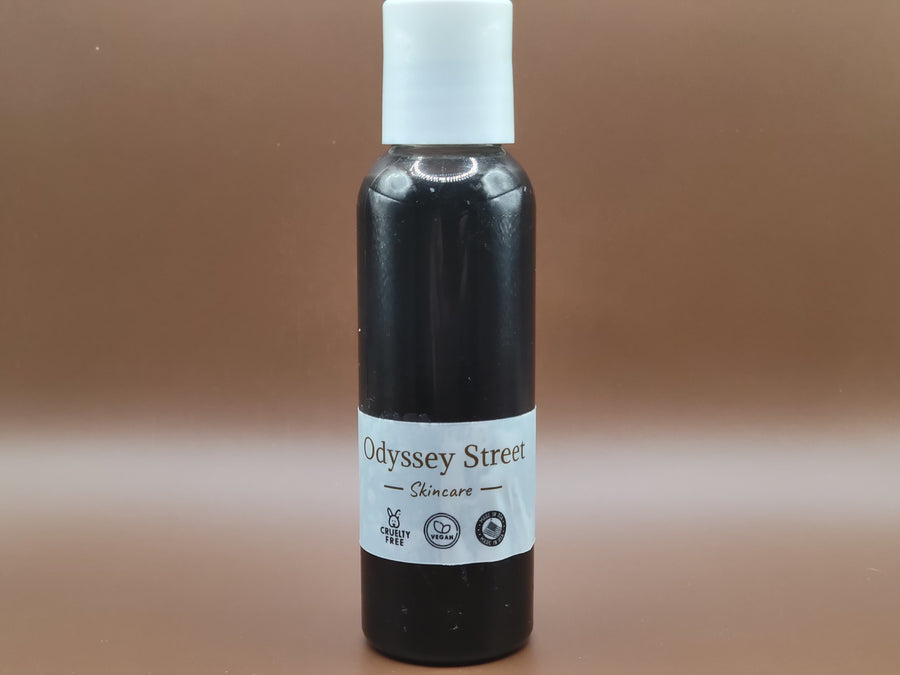
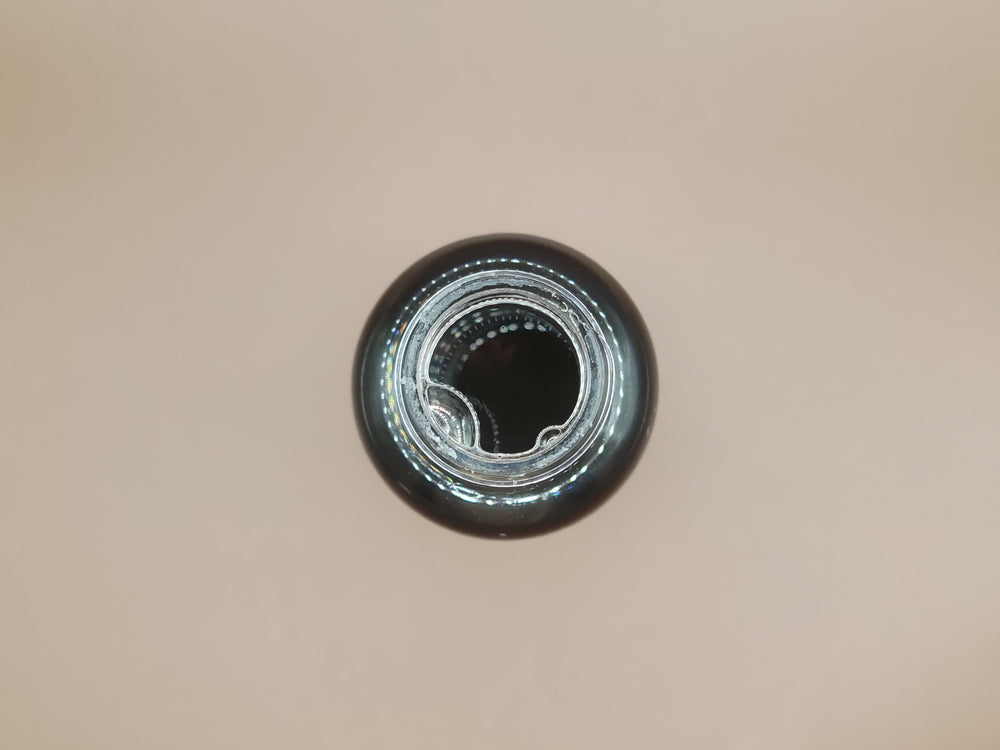
Leave a comment